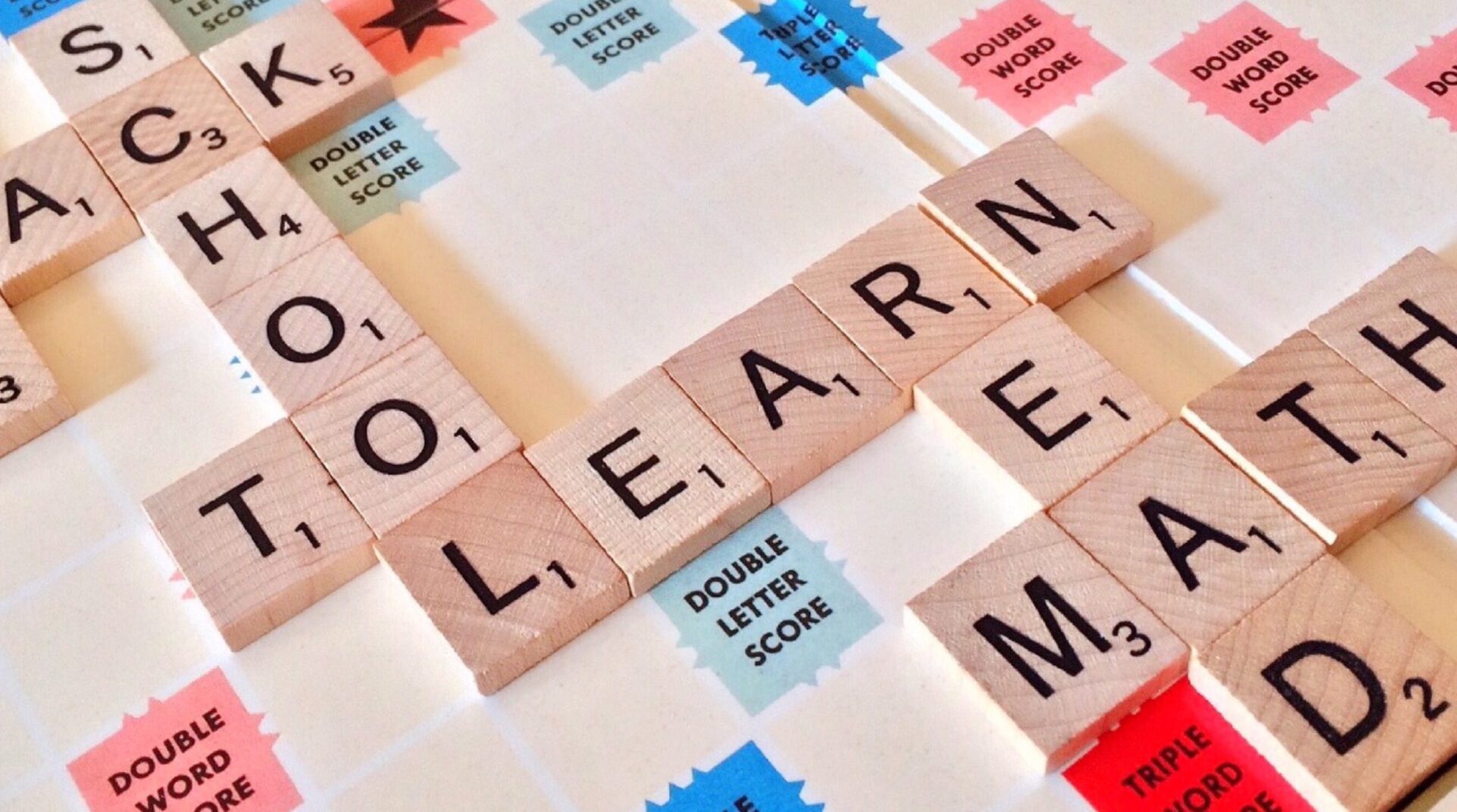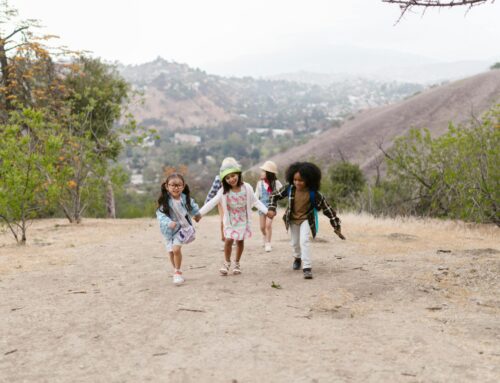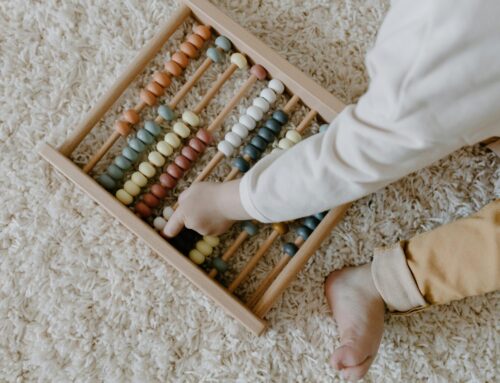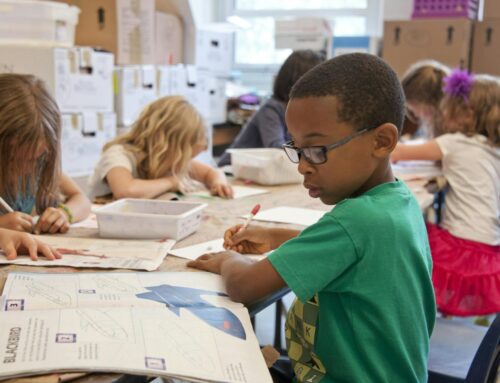How do I know if my child is ready for school?: A Teacher’s perspective
By Emma Daniels
Is my child ready for school?
I have been a Kindergarten teacher for 14yrs now and also have a Bachelor in Primary Teaching, so I am speaking from both sides of the fence here.
Big school is a big deal. It is a huge transition from carefree wildling to formal classroom student. There are few steps in between that prepare us for this big change and we are going to have a look at them together here. The most important thing for you to remember is that all children develop in their own way, in their own time, and that is wonderful. I urge you to please try not to compare your child’s abilities and capabilities with that of any other child, even siblings. We are all uniquely our own humans, one person’s benchmark should not totally influence your own.
As an Early Childhood Teacher, when I am preparing for parent/teacher interviews there are a few things I prepare to discuss. One is the achievements, one is the areas we are working on both individually and as a whole, and the other is what can be considered ‘school ready’. However, I always start with the question, “What do you think being ready for school means?” It is always a great gauge of what the family thinks their child should know and a great way to open dialogue about what it actually means.
So how do you know if your child is ready?
I encourage you to talk to their teacher: we spend all of our time with your children in an educational setting observing, planning for and preparing them for onward learning. We know how they learn and how you can help prepare them at home.
There is a whole curriculum document we use for a child’s time at Kindy but there are a few key areas we tend to focus on when discussing ‘School Readiness.’ Below I have listed a few with some ways to help foster these key developmental areas.
Emotional Regulation
This is basically the way we react to situations. How we handle disappointment, frustration, sadness, anger, being excited etc. It is how we handle separating from a familiar person into an unfamiliar situation. It is our reactions to life. Children are impulsive and egotistical at this stage in their development. It is up to the adults in their lives to model appropriate reactions to situations and to help them develop strategies for managing their emotions appropriately. They will slip, of course, as they are learning. Adults do and we have had years of practice! Children need to have at least a few strategies for managing and regulating their emotions, at school they don’t always have an adult nearby so this is very important.
Before school we work on:
- Identifying emotions.
- How they make you feel.
- Developing consistent strategies for dealing with different emotions.
- Teaching them that they don’t always get their own way.
- What to do when this happens.
Social Skills
This is such an important one to look at. All children engage differently, some children like small groups of friends, others like large groups, others like one at a time and others prefer to play alone. All of these are ok! Social skills are more about how we interact when we do have to engage with peers and others. It is learning the socially acceptable skills (that we all need) to survive in a world full of people. Social skills help us learn how to work collaboratively, which you will have to do at school. It involves; turn taking, learning not to interrupt and learning about sharing (not giving away our prized possessions because someone asked, but more sharing of communal tools in a fair and equitable manner). Conflict resolution is another important aspect of social skills. How do we manage conflict, especially when we don’t have an adult nearby?
Before school we work on:
- Turn taking in group games.
- Giving verbal strategies for sharing e.g. ‘How many minutes until I can have a turn?’
- Small group activities where children need to learn to wait and not talk over each other.
- What to do when someone doesn’t want to play with you.
Self-help Skills
This one is so important. It means being able to take care of oneself. It is being able to dress and undress themselves for toileting. Being able to engage in effective hygiene practices; wiping bottoms, washing hands, flushing toilets etc. Self-help is being able to recognise when you are hungry and thirsty and meeting this need. Opening and closing lunchboxes, opening packets, unscrewing yoghurt lids.
Before school we work on:
- encouraging children to try to do things for themselves before asking for help.
- Having things at a height where children can access them without help.
- Activities that develop muscles and skills that support self-help e.g. playdough, clay, threading, magnets.
These are just a few of the main developmental skills to discuss with your child’s teacher when talking about ‘School Readiness.’ As you can see, it may not be what you are expecting, but these are the things I look out for when I am thinking about who may need a little more time to work on these or who is ready for big school. Another year of play and being a kid has never hurt anyone, in my experience.









